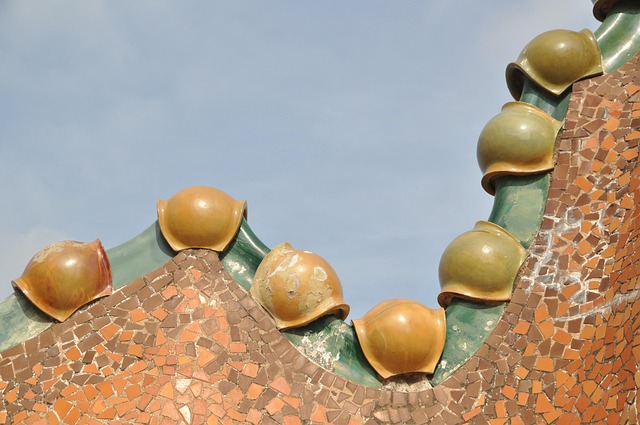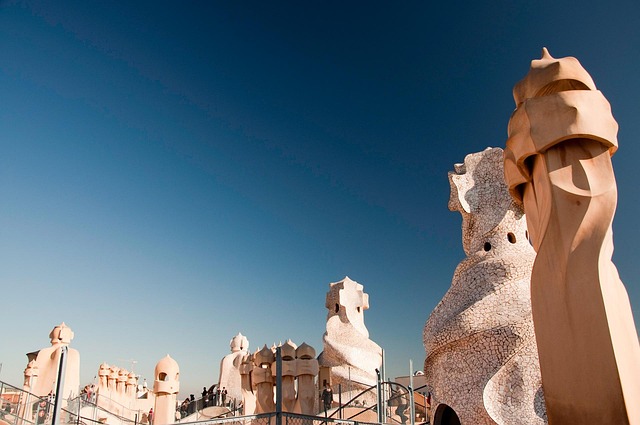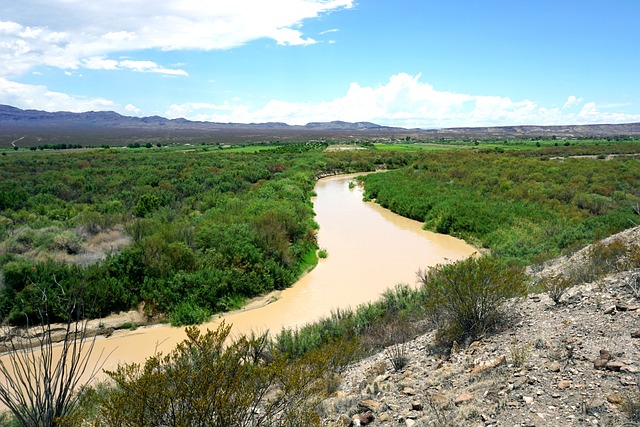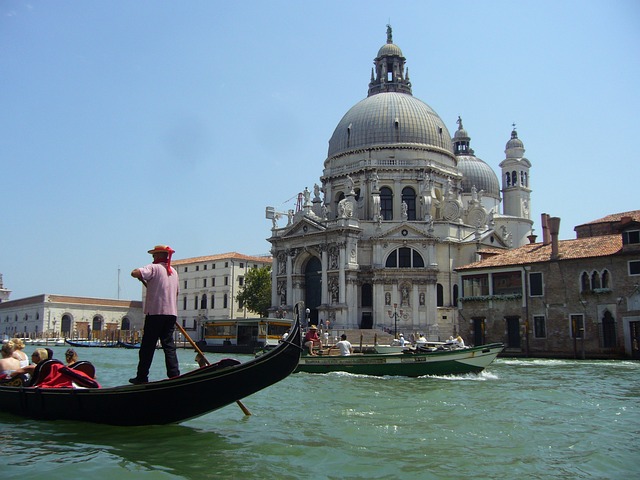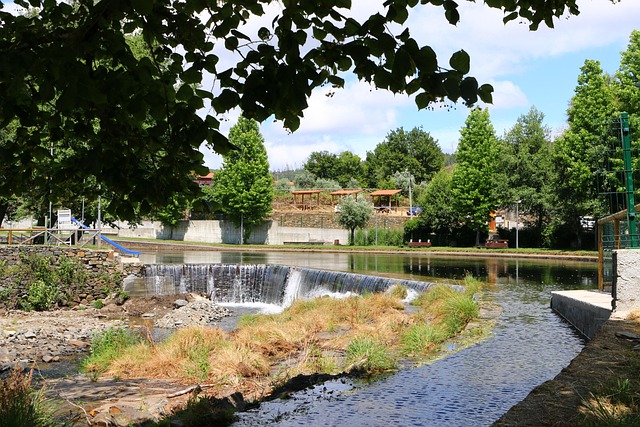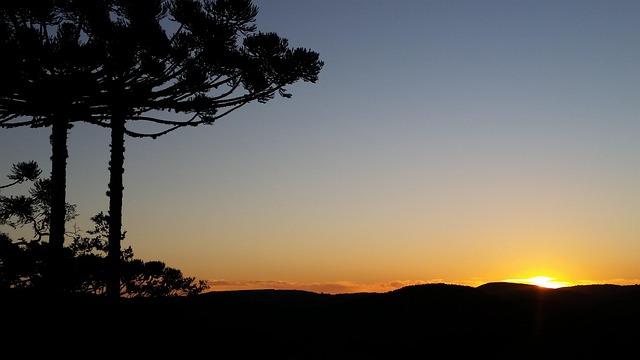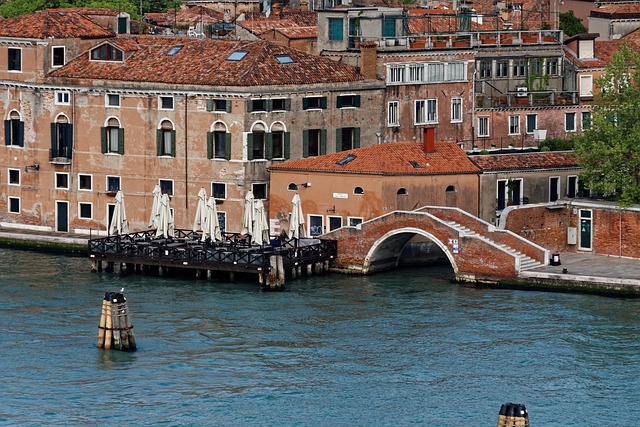Cultural festivals drive urban transformation, significantly impacting the real estate sector by attracting crowds, boosting local economies, and enhancing neighborhood appeal. Real estate professionals promote areas known for their cultural offerings as premium locations, inspiring mixed-use space development that fosters vibrant communities. Festivals serve as economic boosters, fostering tourism and supporting local businesses while acting as social hubs that cultivate community interactions and traditions. This positive impact creates a feedback loop, integrating cultural events into real estate marketing strategies to enhance appeal, build community, and drive sales and rentals through increased brand visibility, goodwill, and interactive promotion.
Cultural events and festivals play a pivotal role in shaping urban landscapes, enhancing property values from a real estate perspective. These vibrant celebrations attract diverse communities, fostering social cohesion and economic growth. In today’s competitive market, developers and marketers recognize the potential of integrating cultural events into their strategies. This article explores the impact of festivals on cities, their economic and social benefits, and provides insights for real estate professionals on capitalizing on this unique opportunity to engage and retain communities.
The Role of Cultural Festivals in Shaping Urban Landscapes: A Real Estate Perspective
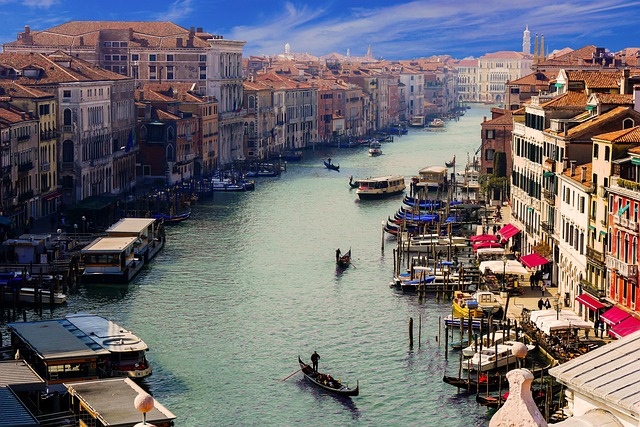
Cultural festivals play a pivotal role in shaping urban landscapes, as seen through the real estate lens. These vibrant celebrations attract locals and tourists alike, transforming city spaces into dynamic hubs of activity. The influx of people during festivals boosts local economies and fosters community engagement, making neighborhoods more desirable and potentially increasing property values. Real estate professionals often recognize this impact, marketing areas known for their cultural richness as premium locations.
Festivals also influence urban development by highlighting existing cultural assets and inspiring new initiatives. Developers may be encouraged to create mixed-use spaces that accommodate both residential and cultural events, ensuring cities remain vibrant and liveable. This integration of culture into the built environment creates a unique sense of place, making urban areas more attractive for residents and investors alike in the real estate market.
How Festivals Attract and Retain Communities: Economic and Social Implications
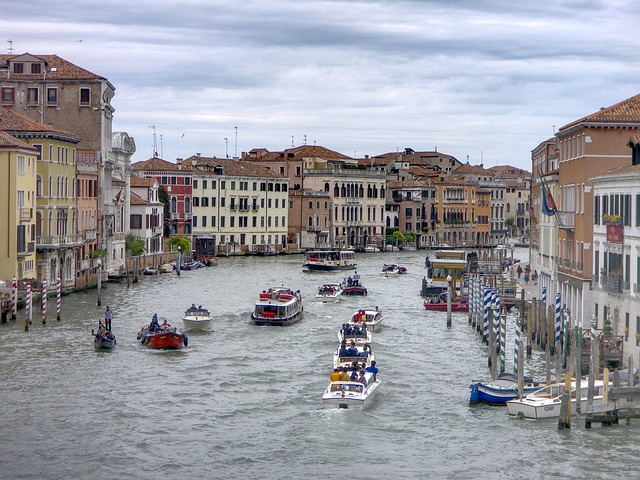
Festivals have become powerful catalysts for community engagement, attracting and uniting diverse groups of people from all walks of life. Their impact extends far beyond mere entertainment; they serve as vibrant hubs that stimulate local economies and foster a sense of belonging. The economic implications are significant, with events generating revenue through tourism, supporting local businesses, and enhancing real estate values in host areas. Visitors are drawn to the unique experiences, cultural offerings, and the warm hospitality that festivals provide, many choosing to make these locations their new homes or frequent visitors.
Socially, festivals act as glue, binding communities together. They facilitate interactions, encourage cultural exchange, and preserve traditions, ultimately strengthening social fabric. The sense of community created during festivals can lead to increased civic engagement, local initiatives, and a collective pride in the area’s heritage and future. This positive feedback loop ensures that festivals become integral parts of a region’s identity, attracting both locals and outsiders alike year after year.
Integrating Cultural Events into Real Estate Marketing Strategies: Opportunities and Benefits
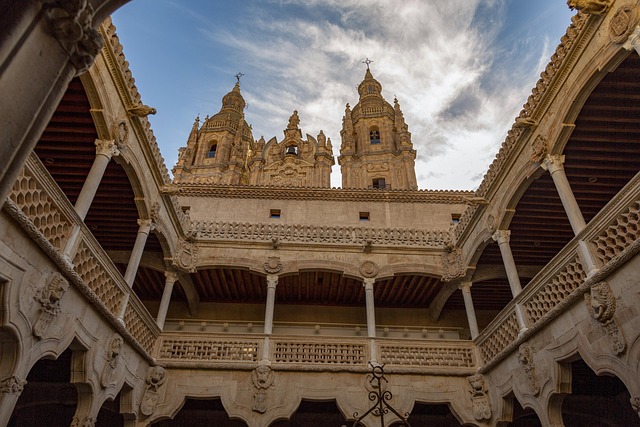
Integrating cultural events into real estate marketing strategies offers a unique and compelling opportunity for both developers and potential buyers. By hosting or partnering with local festivals, real estate projects can enhance their appeal and create a sense of community. These events attract diverse audiences, providing an excellent platform to showcase properties and engage directly with prospective clients. For instance, a music festival within a residential development can entice younger demographics, while cultural exhibitions might draw in families and long-time residents.
The benefits are multifaceted: it increases brand visibility, fosters goodwill within the community, and provides an avenue for interactive marketing. Real estate professionals can use these events to educate potential buyers about property features, sustainability initiatives, or innovative design elements. Moreover, cultural festivals often leave lasting impressions, encouraging word-of-mouth promotion and fostering a positive association with the real estate brand, ultimately driving sales and rentals.
